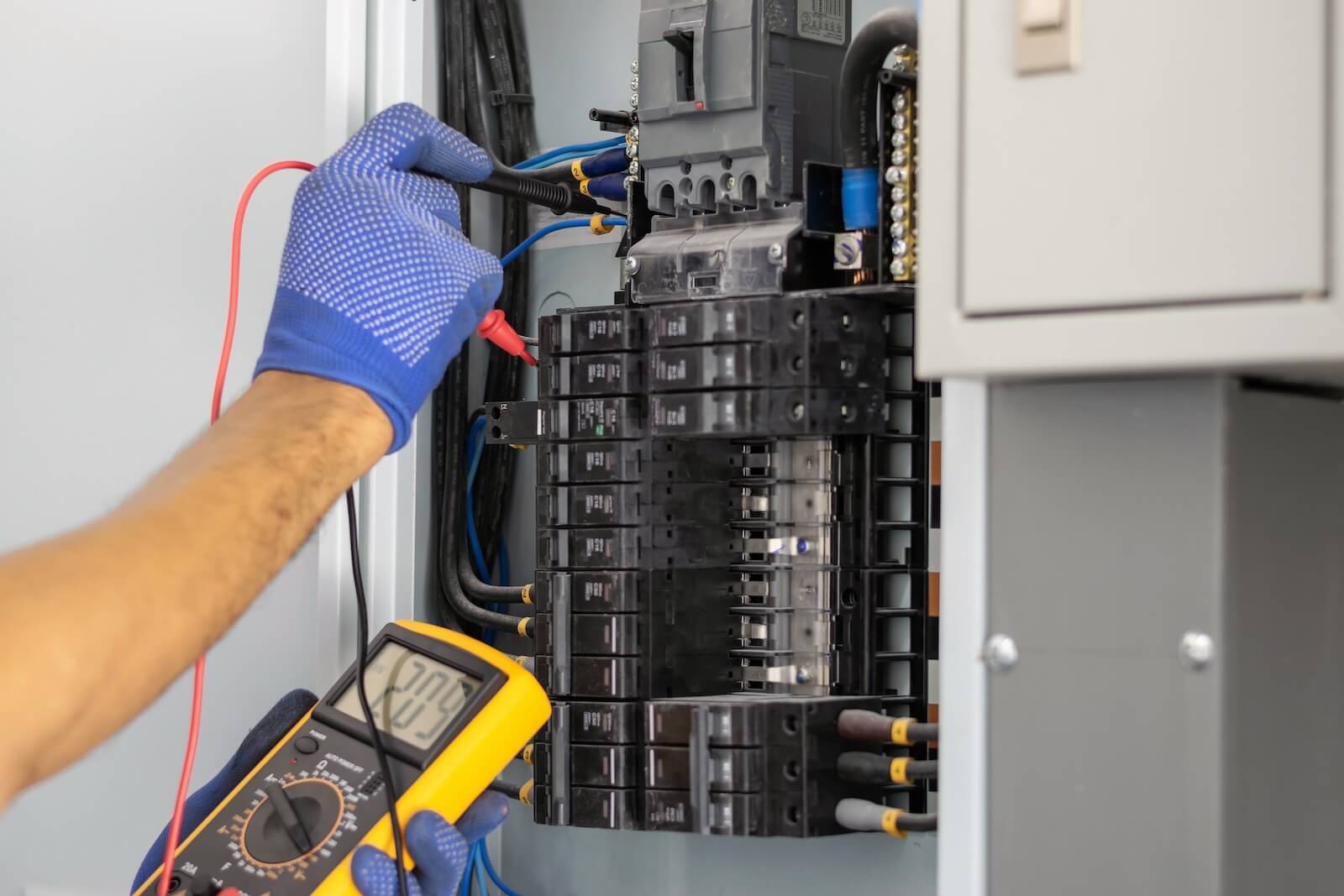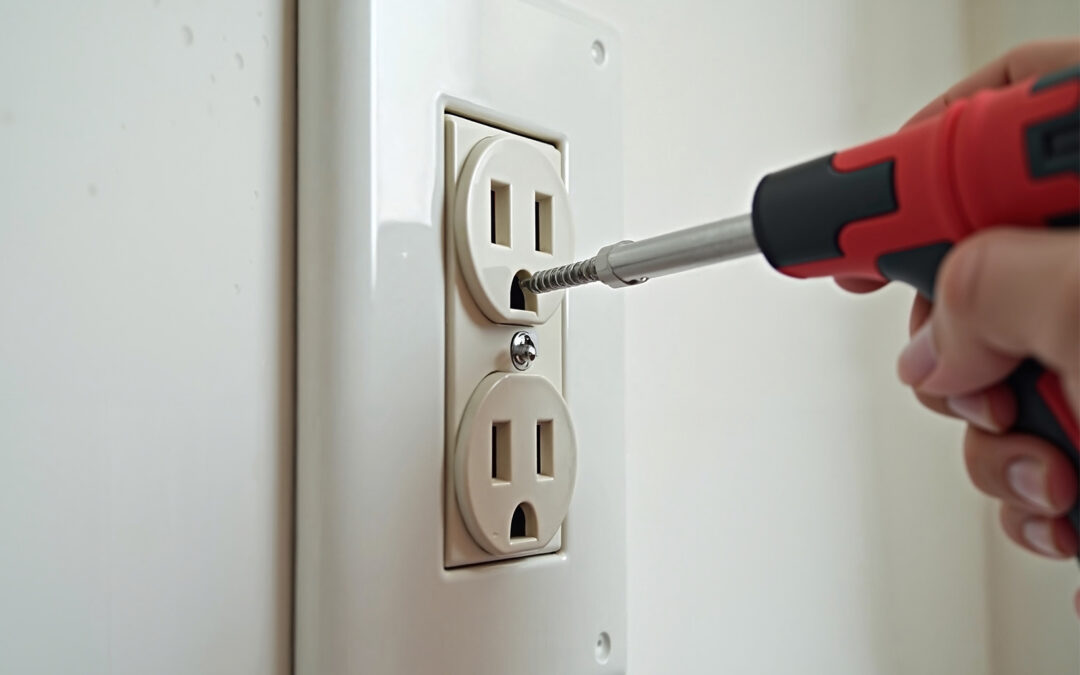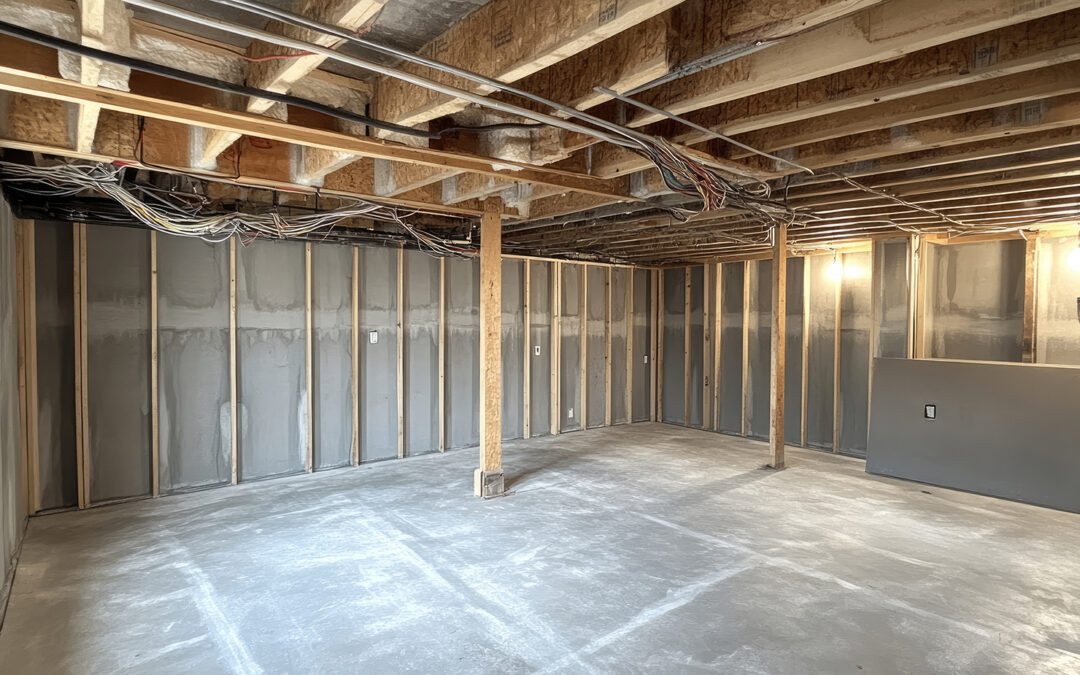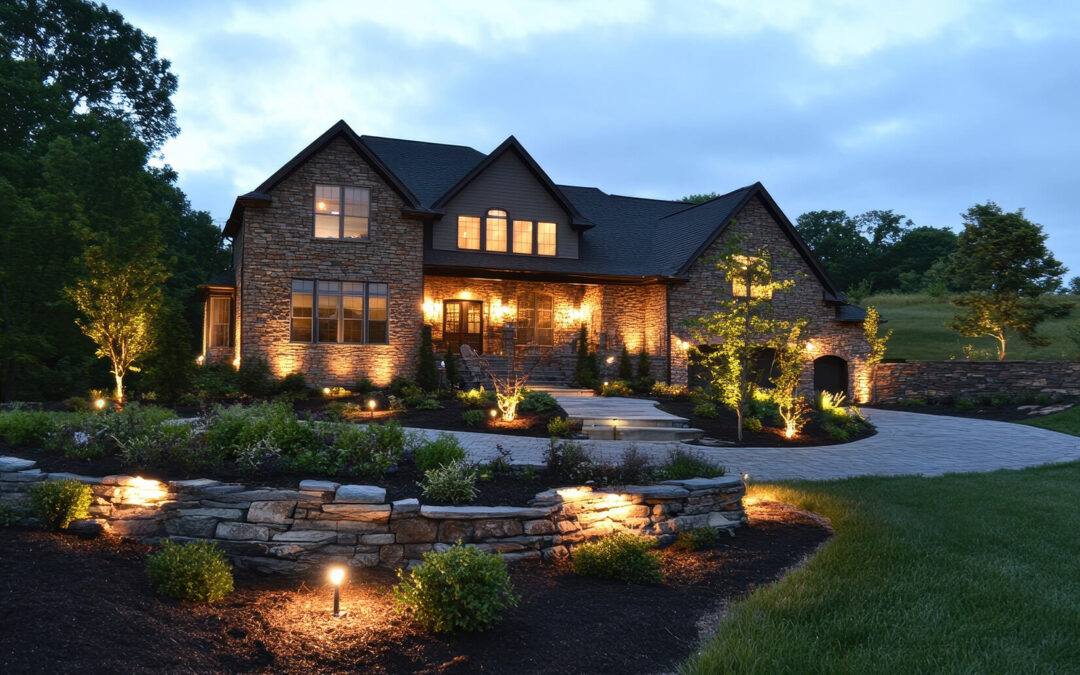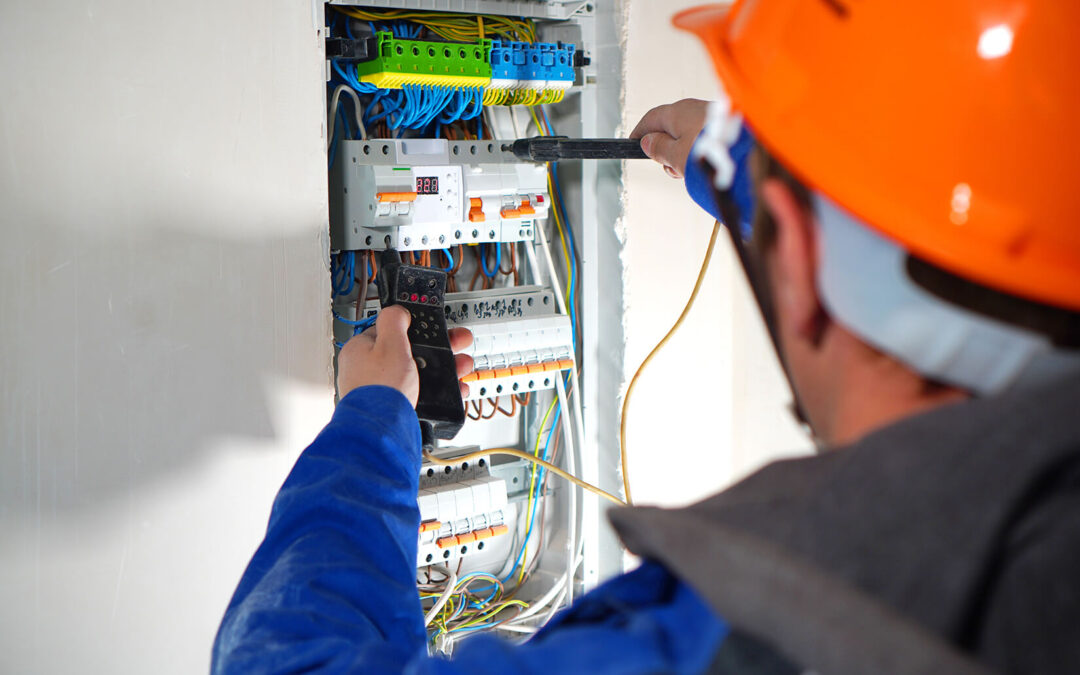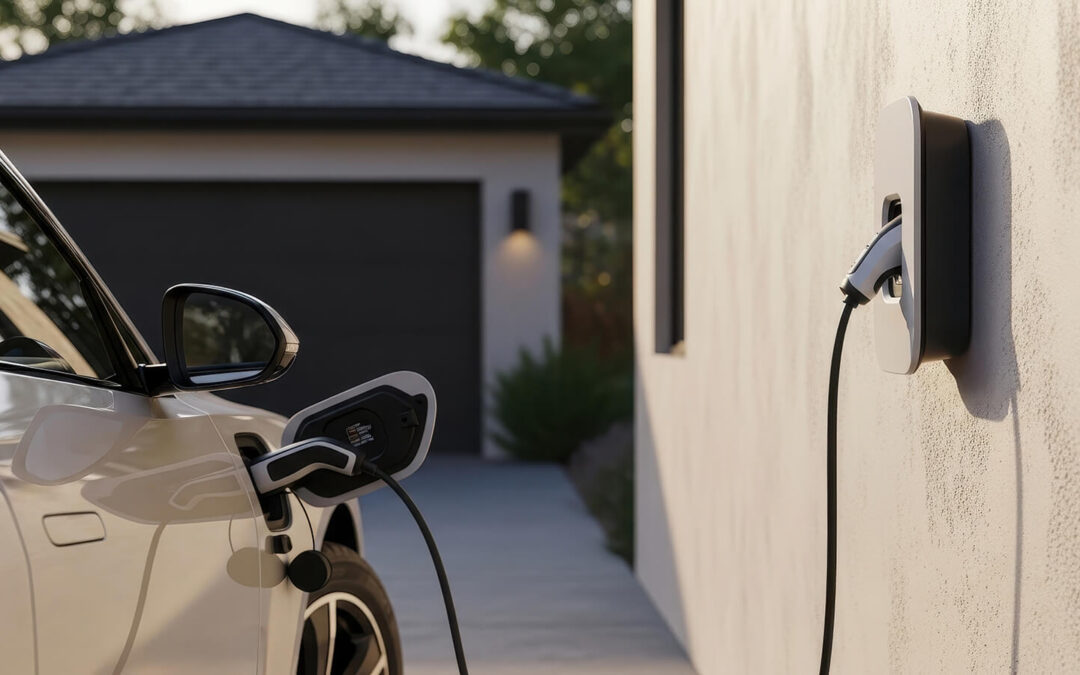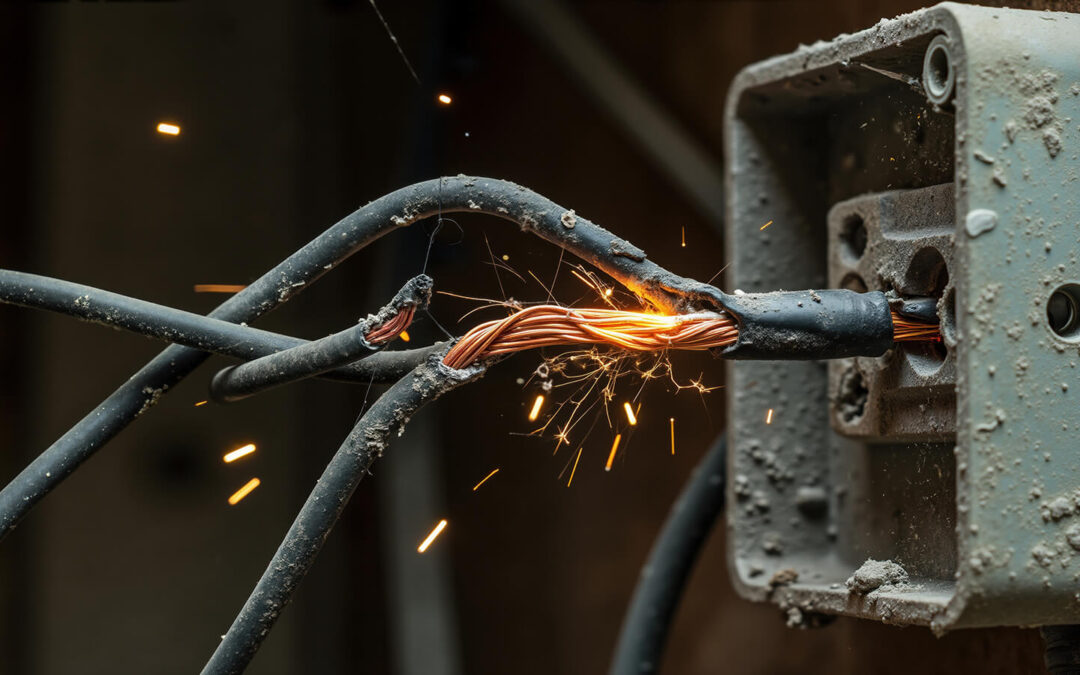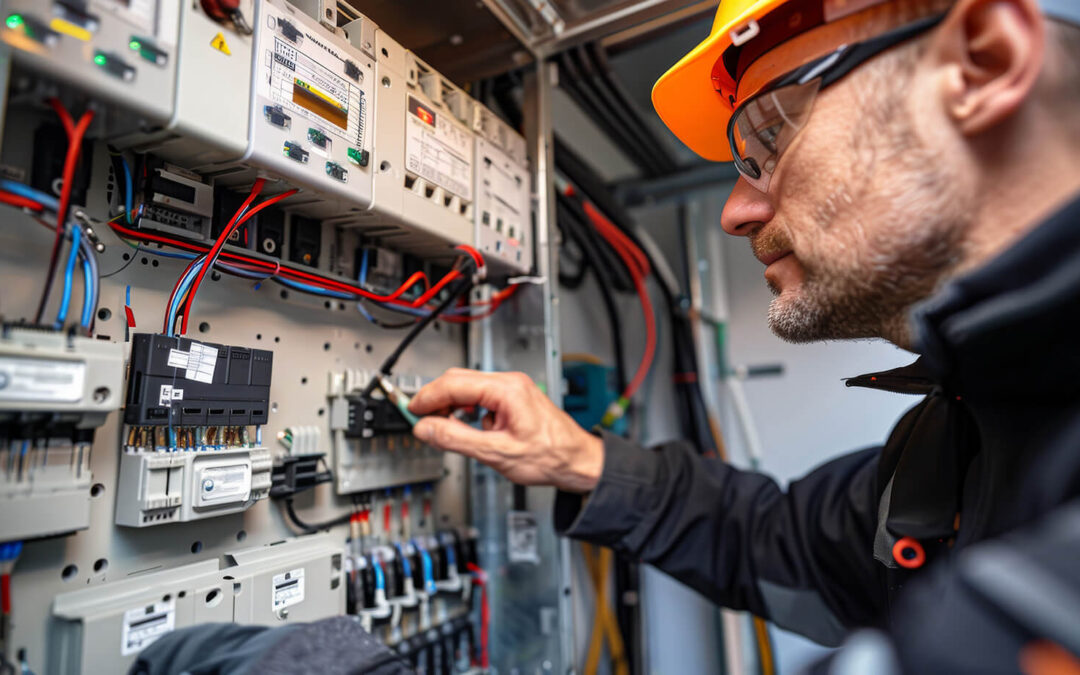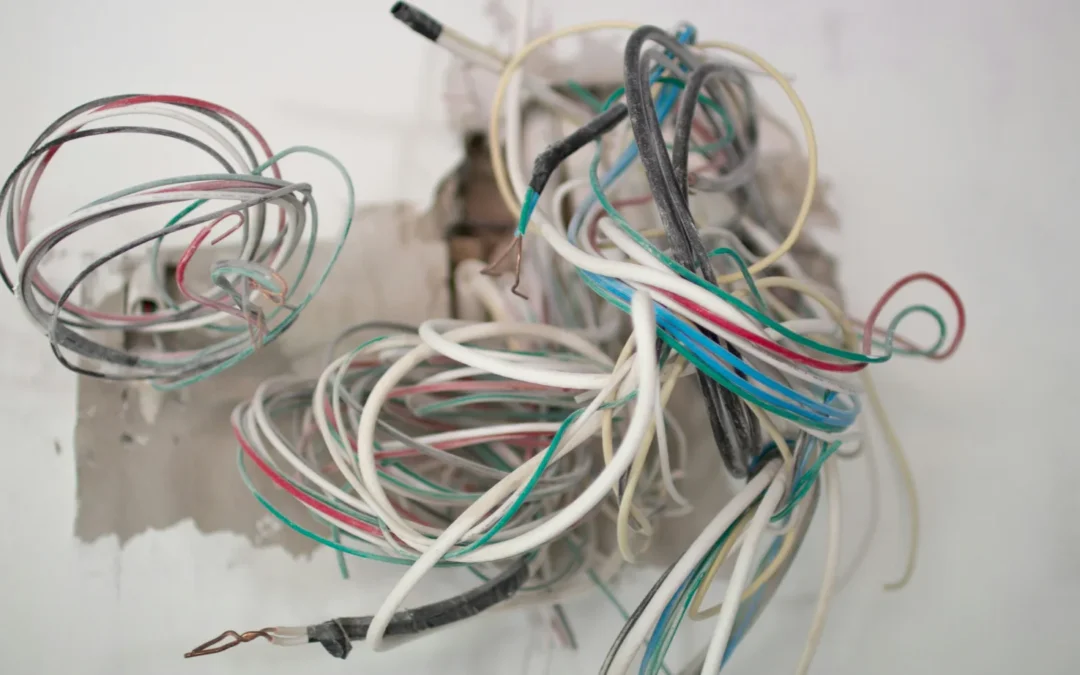Finishing or remodeling your basement is a great way to add livable space and increase the value of your Denver home. Whether you’re turning your basement into a home office, entertainment area, or guest suite, proper electrical wiring is crucial to ensure safety, efficiency, and compliance with local building codes.
Residential electrical work in basements requires special attention due to moisture levels, potential code restrictions, and the complexity of working with an existing electrical system. In this guide, we’ll walk you through the key considerations, safety precautions, and expert recommendations for safely installing basement electrical wiring in your Denver home.
Step 1: Plan Your Basement’s Electrical Needs
Before any wiring begins, it’s essential to map out the electrical layout of your basement based on how you plan to use the space. Consider the following:
- Lighting Needs: Will you install recessed lighting, track lighting, or wall sconces?
- Outlets: Modern code requires at least one outlet every 12 feet along walls and one per wall in unfinished basements.
- Dedicated Circuits: High-powered appliances (HVAC systems, sump pumps, or home theaters) may need dedicated circuits.
- GFCI Outlets: Required in areas where water is present, such as near utility sinks or laundry areas.
- Home Automation & Smart Features: Consider integrating smart lighting, USB outlets, or an upgraded circuit panel for future-proofing.
If your home has an older electrical panel, you may need to upgrade your electrical panel before adding additional basement wiring. A licensed electrician can determine if your panel has the capacity for the extra load.
Step 2: Understand Denver’s Electrical Codes and Permits
Denver follows the National Electrical Code (NEC), which outlines strict regulations for electrical installations. You’ll need to obtain the proper permits before starting work.
Key Code Requirements for Basement Wiring in Denver
- Permits Required: Electrical work in a basement typically requires a permit from the Denver Department of Community Planning and Development.
- Minimum Circuit Requirements: Finished basements must have at least one 15-amp or 20-amp circuit dedicated to general lighting and outlets.
- GFCI Protection: Any outlet near a water source must have a ground fault circuit interrupter (GFCI) for added safety.
- AFCI Protection: Arc-fault circuit interrupters (AFCIs) are required for outlets in habitable areas to reduce fire hazards.
- Smoke and Carbon Monoxide Detectors: Must be hardwired into the electrical system if the basement is considered a living space.
Skipping permits or failing inspections can lead to costly fines and rework, so it’s always best to consult with a professional electrician before beginning your project.
Step 3: Gather the Right Tools and Materials
To safely wire your basement, you’ll need the following tools and materials:
Tools:
- Voltage Tester (to confirm power is off)
- Wire Strippers
- Fish Tape (for running wires through walls)
- Drill with Hole Saw Attachments
- Screwdrivers
- Utility Knife
Materials:
- NM-B Electrical Cable (commonly 12/2 or 14/2 gauge for lighting and outlets)
- Junction Boxes (plastic or metal, depending on code)
- Electrical Outlets and Switches
- GFCI Outlets (for wet areas)
- Circuit Breakers (compatible with your panel)
- Wire Nuts and Electrical Tape
Mark your wiring plan on the basement walls before running cables to keep things organized and prevent mistakes.
Step 4: Shut Off Power and Run Wires Safely
1. Turn Off the Power at the Breaker Panel
Before handling any electrical components, shut off power to the circuits you’ll be working on. Use a voltage tester to confirm that the power is completely off before proceeding.
2. Install Junction Boxes
Securely fasten electrical boxes where you plan to install outlets, switches, and lighting fixtures. However, the NEC requires outlets to be mounted at least 12 inches from the floor in finished basements.
3. Run Wiring Through Walls and Ceilings
Use 12/2 or 14/2 NM-B Romex wiring for most basement circuits. If your basement has exposed framing, staple cables at least 1.25 inches from the edge to prevent nail damage. If running wires through metal studs, use protective plastic grommets to prevent chafing. If your basement has concrete walls, you may need to run a conduit instead of an NM cable. Denver’s local codes may also require metallic-sheathed wiring in certain areas.
Step 5: Connect Outlets, Switches, and Lighting Fixtures
Once the wiring is in place, you’ll need to properly connect outlets, light fixtures, and switches.
How to Wire an Outlet Safely:
- Strip about ¾ inch of insulation from each wire.
- Connect the black (hot) wire to the brass screw on the outlet.
- Connect the white (neutral) wire to the silver screw.
- Attach the bare copper (ground) wire to the green screw.
- Carefully push the outlet into the box and secure it with screws.
For switches and lighting, follow manufacturer instructions and always test connections with a voltage tester before turning power back on.
Step 6: Secure Electrical Permits and Pass Inspection
Before drywalling or finishing your basement, a licensed electrician or city inspector must approve your electrical work. Here’s what to expect:
- Rough Inspection: Ensures proper wiring, spacing, and code compliance before walls are covered.
- Final Inspection: Confirms all outlets, lights, and switches are installed correctly and function properly.
Skipping the inspection can lead to costly rework and legal issues when selling your home, so it’s best to follow the process from the start.
Why Hire a Licensed Electrician for Basement Wiring?
While some homeowners are comfortable with minor electrical work, basement wiring involves complex safety and code considerations. Here’s why hiring a licensed Denver electrician is a smart investment:
- Ensures Code Compliance: Experts know Denver’s electrical codes and permitting process.
- Reduces Fire Hazards: Proper installation minimizes risks of electrical shorts and fires.
- Saves Time and Money: DIY mistakes can lead to costly repairs and failed inspections.
- Allows for Future Expansion: An electrician can assess whether your panel can handle extra circuits.
Upgrade Your Basement’s Electrical System with Table Mountain Electric
Wiring a basement is a significant project that requires careful planning, knowledge of local codes, and a commitment to safety. Whether you’re adding extra living space, a home office, or a media room, ensuring your electrical system is up to code is crucial for both safety and long-term functionality. Even minor mistakes can lead to serious hazards, such as overloaded circuits or fire risks. That’s why trusting a licensed electrician is the best way to guarantee a safe and efficient installation.
At Table Mountain Electric, we specialize in basement electrical wiring, panel upgrades, and smart home integrations for Denver homeowners. Our experienced, licensed electricians ensure every project meets local regulations and is built for long-term reliability. We handle everything from obtaining permits to final inspections, so you can focus on enjoying your newly finished basement without the stress of electrical complications.
If you’re planning a basement remodel or need an electrical upgrade, don’t leave it to chance. Contact Table Mountain Electric today for a free consultation and let us help you power your home safely and efficiently.



